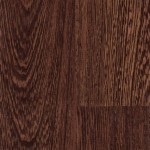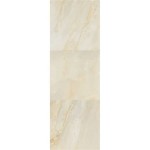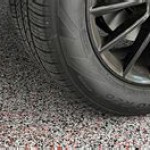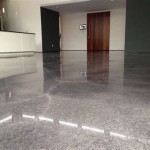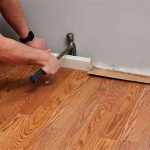Engineered Wood Flooring Installation: A Comprehensive Guide to Glue-Down Method
Engineered wood flooring offers a combination of natural beauty and durability that makes it a popular choice for homes and businesses alike. Glue-down installation is one of the most reliable methods for securing engineered wood flooring in place. This comprehensive guide provides step-by-step instructions, helpful tips, and expert advice to ensure a successful glue-down engineered wood flooring installation.
Step 1: Preparation
Before starting the installation, ensure that the subfloor is clean, level, and free of any irregularities. Moisture can damage the flooring, so it's crucial to use a moisture barrier or underlayment with a built-in moisture barrier. Allow the flooring to acclimate to the room temperature and humidity for at least 48 hours before installation.
Step 2: Layout and Dry Fit
Plan the flooring layout and cut any necessary planks to fit around obstacles such as walls or cabinetry. Dry fit the planks together without glue to ensure a proper fit and adjust as needed.
Step 3: Apply the Glue
Using a notched trowel, spread a thin layer of approved glue evenly onto the subfloor. The thickness of the glue and the size of the trowel notches will depend on the type of flooring being installed. Follow the adhesive manufacturer's instructions carefully.
Step 4: Lay the Planks
Lay the planks into the glue, pressing down firmly to ensure a good bond. Use a tapping block and a hammer or mallet to fully seat the planks. Align the planks carefully and maintain a consistent spacing between them.
Step 5: Remove Excess Glue
Immediately wipe away any excess glue that squeezes out from between the planks. Use a damp cloth or a specialized glue remover to prevent staining.
Step 6: Rolling and Weighting
To ensure a secure bond, roll the flooring with a heavy roller after installation. Place weights or heavy objects on the flooring to provide additional pressure and help the glue set.
Step 7: Curing and Trimming
Allow the glue to cure according to the manufacturer's instructions, typically 24-48 hours. Once the glue has cured, carefully trim any excess flooring around the edges to achieve a clean and finished look.
Tips for a Successful Installation
- Use a high-quality flooring adhesive specifically designed for engineered wood flooring.
- Follow the adhesive manufacturer's instructions regarding trowel size and open time.
- Wear gloves and eye protection when working with adhesive.
- Allow sufficient time for the flooring to acclimate before installation.
- Start installation in a corner and work outward.
- Stagger the plank joints for added strength.
- Do not over-tighten the planks, as this can damage the flooring.
Conclusion
By following these steps and adhering to the recommended guidelines, you can achieve a high-quality and durable glue-down engineered wood flooring installation that will enhance the beauty and value of your space for years to come.

Can You Glue Down Solid Wood Flooring Hardwood Guide Reallyfloors America S Est

How To Install An Engineered Hardwood Floor

Pros Cons Of Glue Down Flooring Installation Floorset

How To Glue Down Engineered Wood Flooring Direct

Glue Down Vs Floating Wood Floor Installation Finfloor

Installation Methods For Wooden Floor Craftedforlife

Floating Floor Vs Nail Down Slaughterbeck Floors Inc

How To Install Diy Glue Down Engineered Hardwood Flooring

How To Install Prefinished Hardwood Floor Glue Down Technique Diy Mryoucandoityourself

How To Install Lock Engineered Hardwood Flooring
Related Posts

